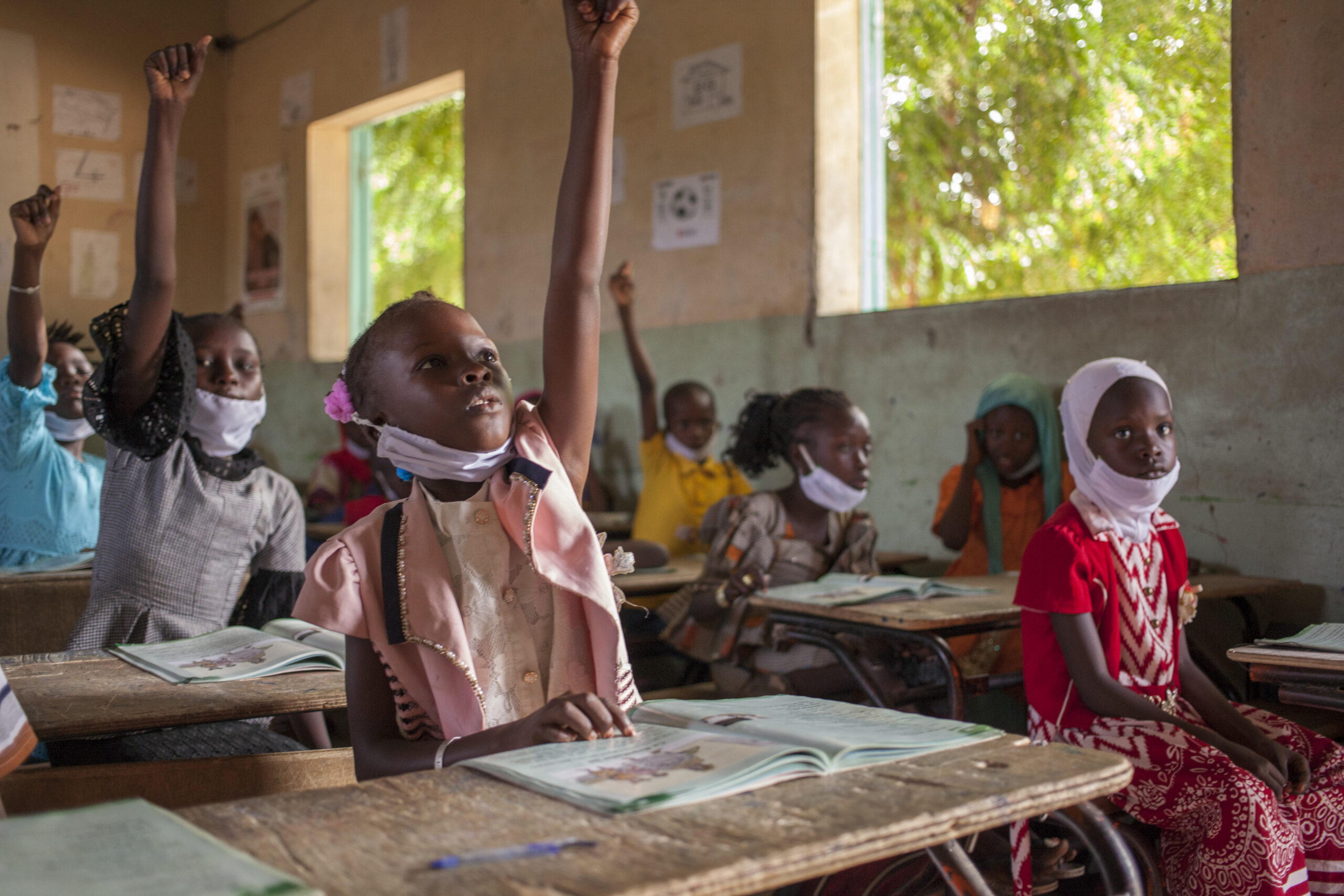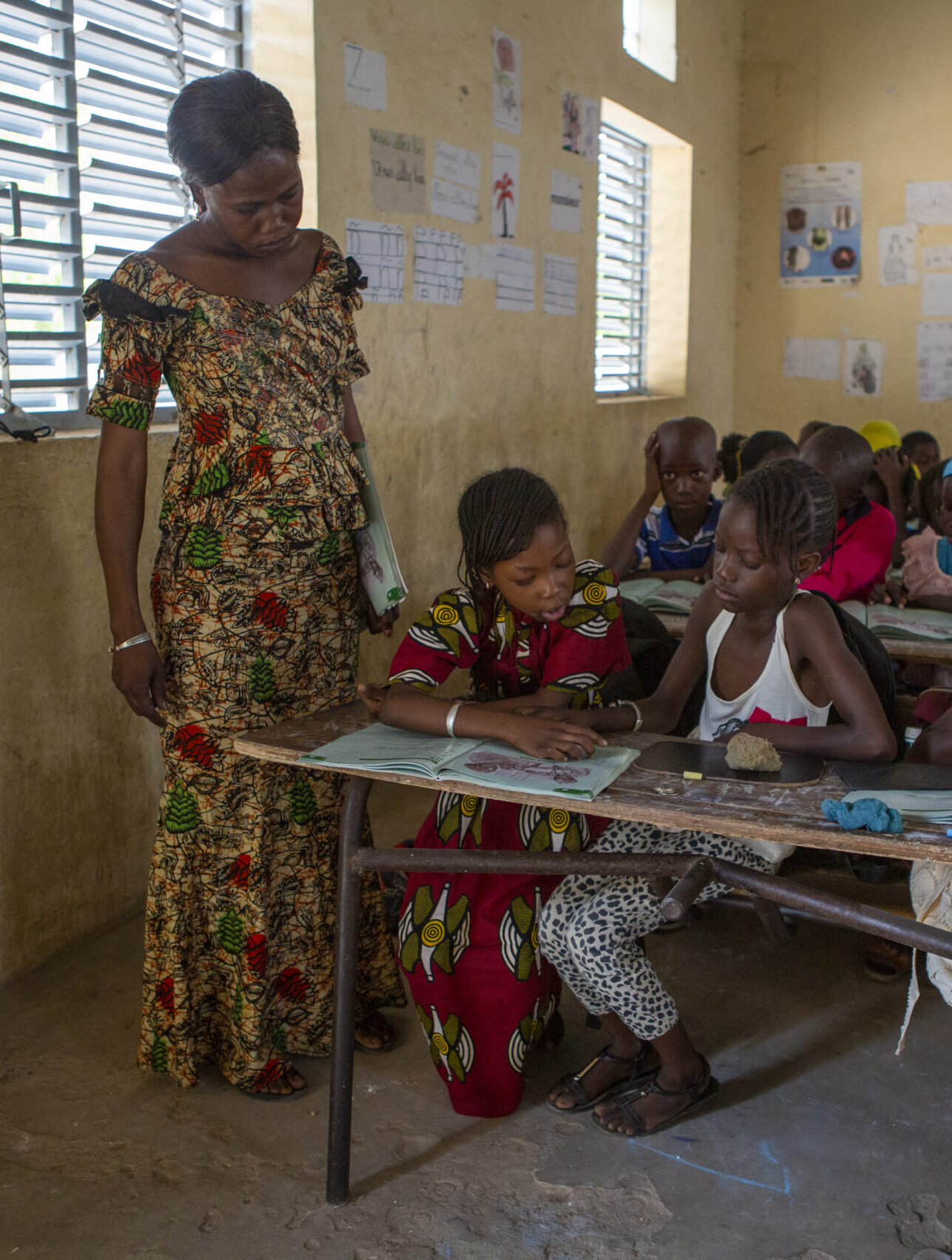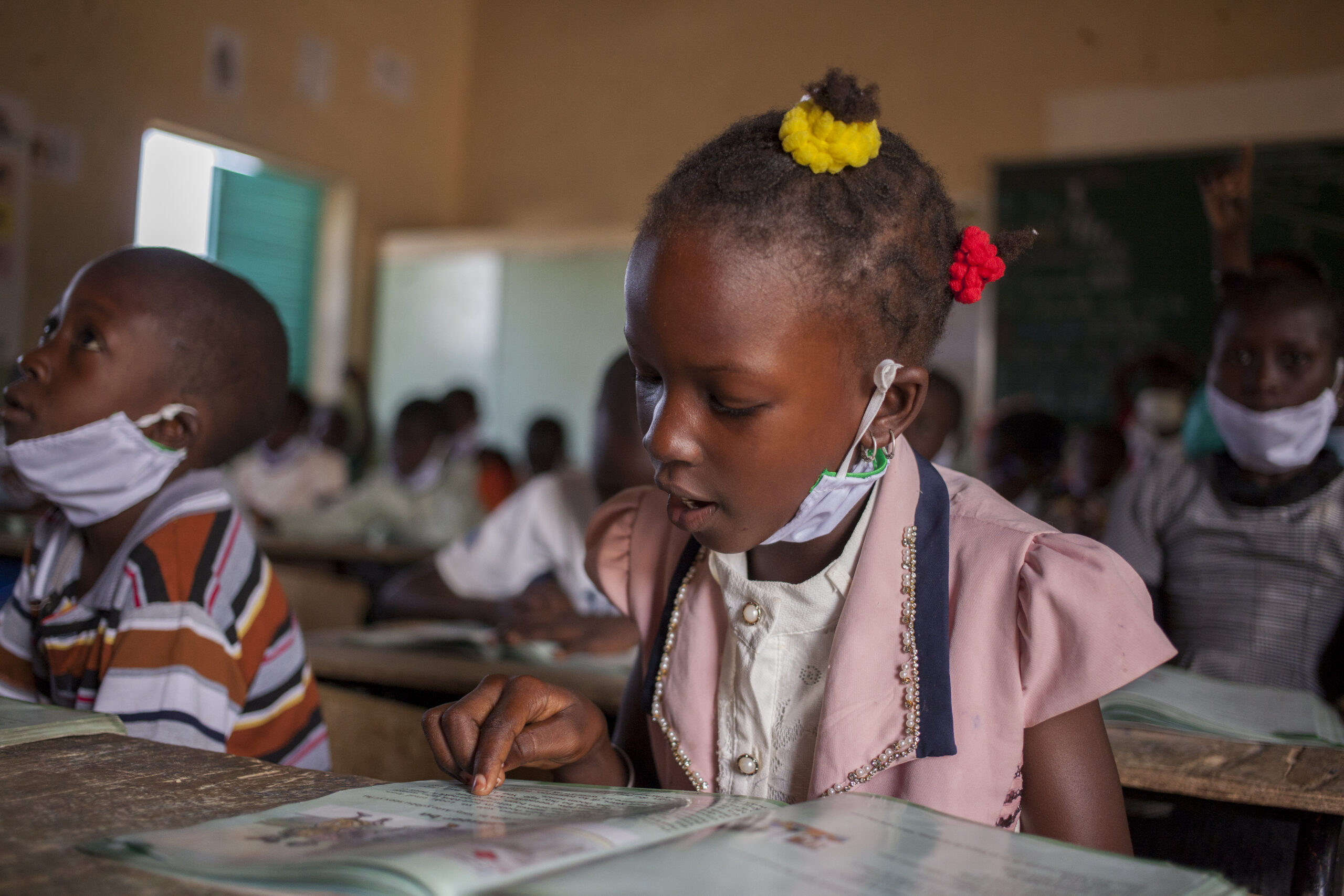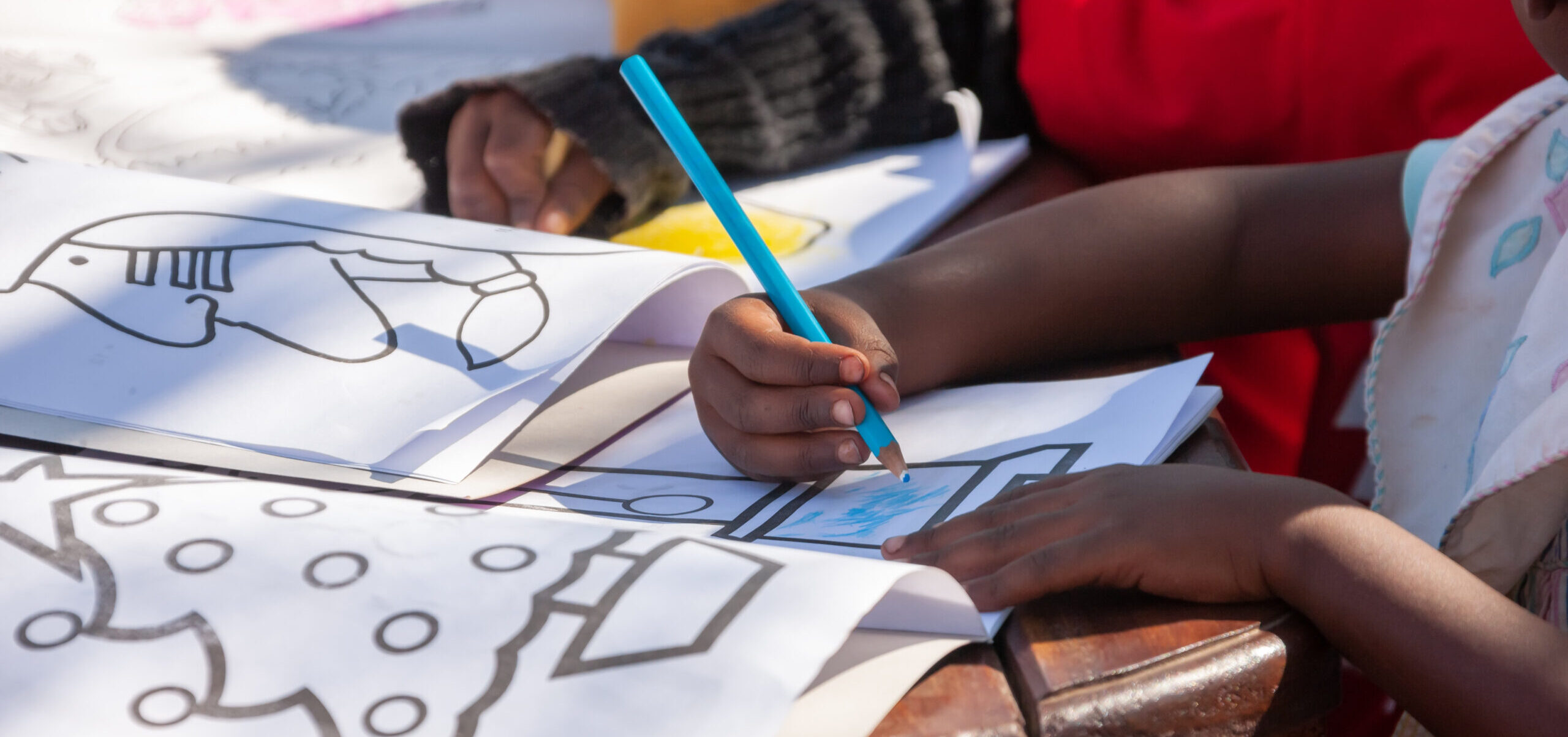Case Study
Driving Literacy Gains Through Systems Change in Senegal
Reform, Innovation, and Community Action are Essential Tools to Boost Reading Outcomes and Engagement.
Instructional Design and Foundational Learning

The Challenge
Senegal faced major challenges in early grade reading—just 0.3% of grade 2 students could read at grade level in a language they understood. COVID-19 worsened learning losses, while systemic issues like language mismatches, limited coaching, and poor disability data further hindered reform. The Ministry aimed to improve instruction, systems, and community engagement using evidence-based methods.Our Solution
Strengthening Early Reading in Senegal through Systems, Training, and Technology
To support the Ministry, Chemonics focused on several key areas:
- Enhancing Delivery Systems for Early Grade Reading Instruction. Chemonics collaborated with the Ministry of Education in enhancing early grade reading instruction by implementing new and improved practices, processes, and policies across various levels of the ministry. Together, we developed and implemented a communications strategy to adopt and apply the first national standards and benchmarks for early grade reading.
- Developing and Distributing Teaching and Learning Materials (TLMs). In collaboration with the Ministry of Education, we crafted comprehensive scopes and structured lesson plans for innovative early grade reading materials in three languages. Over five years, we successfully produced and distributed multiple editions of an impressive 3,119,710 early grade reading TLMs, reaching teachers and students across three grades and languages.
- Supporting Parent and Community Engagement in Early Grade Reading. We implemented a multifaceted strategy of outreach initiatives centered around enhancing existing school committee action plans to mobilize parents and communities to support children’s reading skills family and community engagement.
- Developing and Delivering Comprehensive Training Programs. Chemonics collaborated with the Ministry to deliver face-to-face training to nearly 14,000 teachers and 5,000 school directors using a cascade model, ensuring standardized training quality and continuous professional development. Additionally, quarterly standardized assessments were piloted in 30 schools.
- Collaborating with the Private Sector: Chemonics established an innovative public-private partnership with Orange/Sonatel for multiple ICT-enhanced measures to support teachers. It provided free phone calls within the network to promote communication for implementing new reforms, internet credit to allow education-system actors to access online resources, and subsidized rates for SMS push messaging to all educators and SMS-based surveys for rapid monitoring and feedback. This partnership was the first of its kind for Senegal.


The Impact
Strategic Interventions and Strong Partnerships Yield Improved Education Access, Quality, and Governance
Chemonics’ support to the Ministry of Education of Senegal contributed to the following results during the 5-year engagement.
- Improved Reading Outcomes: The Ministry of Education noted significant improvements in early grade reading instruction, with student proficiency rising from less than 1% to 30% after the initial two years.
- Capacity Strengthening and Governance: The Ministry of Education issued over 40 new orders to strengthen education policy and community participation in school governance, along with sixteen new guidelines for national policy and standards for early grade reading. Additionally, a revolutionary pre-service course on early grade reading was piloted in seven regional teacher-training institutes, paving the way for scaling nationwide.
- Increased Parent and Community Engagement: Across all six regions of Senegal, Chemonics broadcasted distance-learning lessons to approximately 88,000 students via partnerships with 27 community radio stations.
